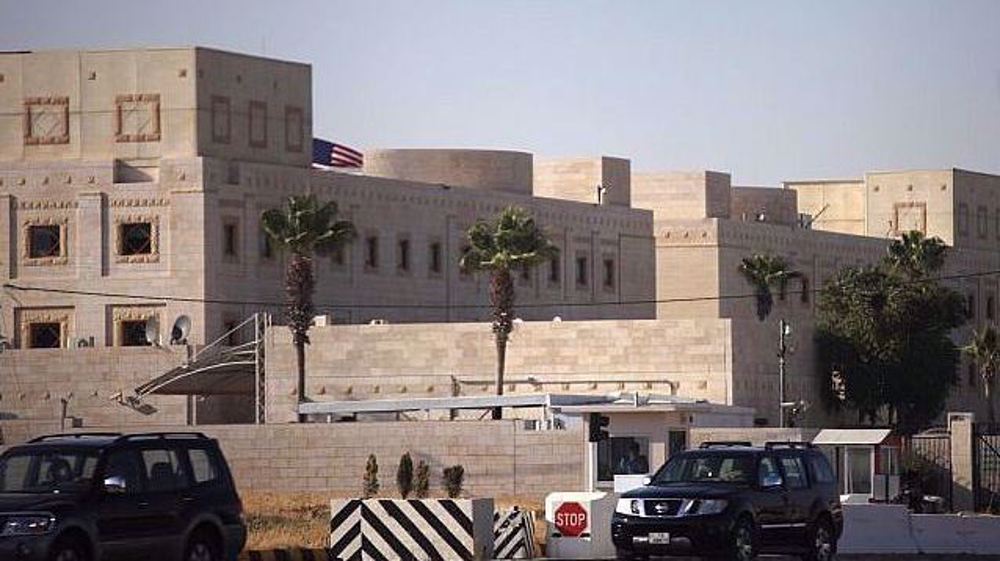Saudi war kills, maims 6 Yemeni kids a day: UNICEF
UNICEF says an average of six Yemeni children have been killed or wounded every day since the start of the Saudi military campaign against its impoverished neighbor a year ago.
In a report on Tuesday, the United Nations Children’s Fund said a year of Saudi war on Yemen had left 934 Yemeni kids dead and 1,356 more injured, with an average of six children suffering casualties every day.
UINCEF described the figure as “only a tip of the iceberg” and said the Yemeni children are grappling with severe malnutrition, while millions of them do not have access to health care and clean water.
“Children are not safe anywhere in Yemen. Even playing or sleeping has become dangerous,” said UNICEF representative in Yemen Julien Harneis.
Some 320,000 children, the UNICEF said, face acute malnutrition, a serious case which can leave a child vulnerable to deadly respiratory infections, pneumonia and water-borne diseases.
“UNICEF estimates that nearly 10,000 children under 5 years may have died in the past year from preventable diseases,” the organization added.

The children aid body further pointed to the attacks on Yemeni hospitals, schools as well as water and sanitation system. “Basic services and infrastructure in Yemen are on the verge of total collapse.”
In a similar report last week, Save the Children, a non-governmental organization, said about 90 percent of children in Yemen need emergency humanitarian aid due to the ongoing Saudi aggression.
“For millions of children here, the terror of airstrikes and shelling, and the destruction of everything around them has become a daily fact of life. This must not be allowed to continue,” said Save the Children’s Country Director in Yemen Edward Santiago.
The Saudi regime began a military campaign against Yemeni on March 26, 2016. The war has so far claimed over 8,500 lives and injured more than 16,000 others, inflicting huge damage to Yemeni infrastructure and residential areas.
Riyadh’s military has carried out frequent air raids on hospitals run by France-based medical charity Doctors Without Borders. It has also used internationally-banned weapons, including cluster bombs, in Yemen.
'Next to impossible' to rescue patients from Gaza's Kamal Adwan Hospital: Director
VIDEO | Vietnam current prosperity
Report blames gasoil exports for shortage at Iranian power plants
VIDEO | Hind Rajab Foundation names Israeli war criminals vacationing after Gaza genocide
VIDEO | Australians rally for Gaza ahead of Christmas festivities
VIDEO | Attacks on Sana'a
Iran reports further drop in annual inflation rate in December
Israel indicts two settlers over suspected spying for Hezbollah










 This makes it easy to access the Press TV website
This makes it easy to access the Press TV website